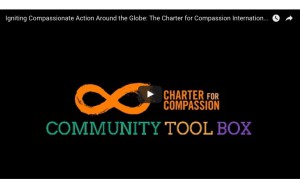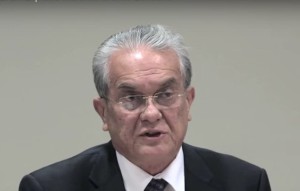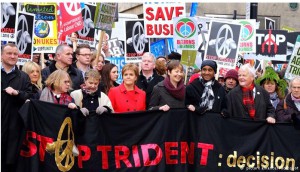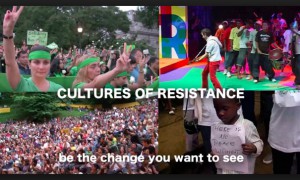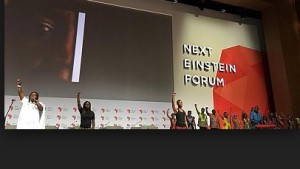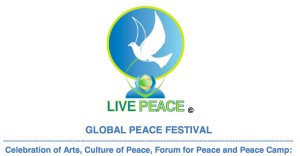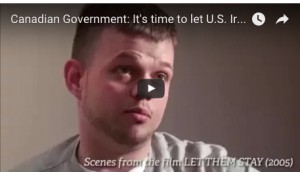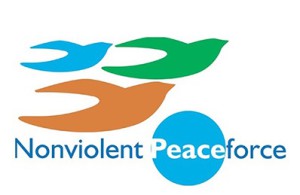TOLERANCE AND SOLIDARITY .
A press release from Ilona Traista, Global Youth Rising
Join us for a global gathering that brings together activists, peace workers and others who are working to make the world a better place as we come together to discuss key issues such as what’s happening in Syria, Iraq, Libya and Yemen and we work to create solid collaborative movements and plans of action for tackling these issues. PATRIR, in co-ordination with several partners including National Peace Academy, PAX, UNOY, the World Peace Initiative, IAHV and Building Bridges for Peace, is now accepting applications for GLOBAL YOUTH RISING – a summer camp and global gathering.
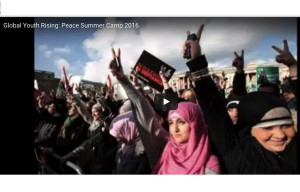
Video of Global Youth Rising Peace Summer Camp 2016
This 10 day event this July will bring together passionate, motivated organizations, youth activists and peace workers from around the world to learn, share, collaborate and gain practical skills, tools and inspiration to empower them to achieve real and meaningful change in the world.
There are few forums in the world where people passionate about creating change can come together; Global Youth Rising aims to change this, bringing together extraordinary and dedicated activists, practitioners and global trainers who will facilitate trainings and workshops on a range of important topics including: tackling violent extremism and discrimination; healing from trauma (especially for those working with refugee/asylum seeking populations); building effective action in our communities; using arts and creativity for social transformation; fostering inner peace and well-being; building solidarity with citizens’ peace movements and activists in Syria, Yemen, Libya, Iraq and Ukraine; peace education; environmental justice and environmental movements; and practical peacebuilding skills (e.g. using social and digital media for activism).
As well as trainers from PATRIR, PAX, Peace Revolution, IAHV, National Peace Academy, UNOY and an alliance of other organizations, this is a horizontal forum where participants and organizations will be able to share their own experiences from their own communities and countries or work internationally, learning from each other and working to create solid international movements and projects.
The camp and global gathering will also include morning well-being sessions, including yoga, breathing techniques and meditation; the opportunity for non-formal learning such as forum theatre, strategy sessions on building movements, discussions, peace circles and film nights. Participants will also have the chance to explore the beautiful Transylvanian countryside and take part in excursions including mountain hiking and white-water rafting!
The Global Youth Rising summer camp & global gathering 2016 is the perfect opportunity to come together with dedicated activists from around the world and deepen your skills, knowledge, capacities and passion for real change — or to support youth and youth organisations in your community for the experience of a lifetime.
Dates are 10-20th July 2016 in Romania.
Deadline for Applications: May 30. (May 5th for those requiring a visa)
